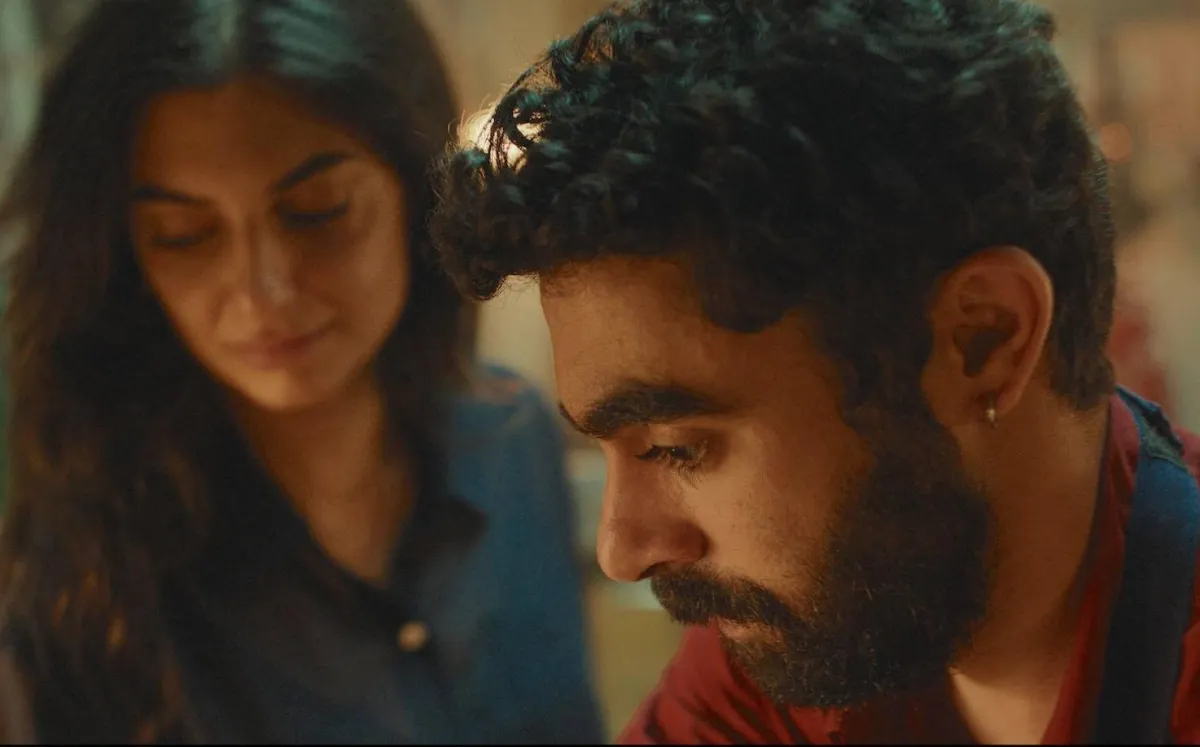A Conversation with Guillermo del Toro
Guillermo del Toro, the renowned film director, has once again pushed the boundaries of storytelling with his latest film, “Frankstein”. This adaptation of the classic novel by Mary Shelley differs from previous versions, offering a parallel story that explores the original tale in a new and exciting way.
A Unique Take on a Classic Story
Del Toro’s vision for “Frankstein” is not just a retelling of the original story, but rather a reimagining of the classic tale. The film is divided into three parts, each offering a different perspective on the story. The first part tells the story from the scientist’s point of view, while the second part presents the monster’s side of the story. The final part brings the two narratives together, exploring the fate of the creature and the world around it.
The Monster’s Story
The monster, played by Jacob Elordi, is a complex and nuanced character. Del Toro’s portrayal of the creature is not just a mindless beast, but rather a being that is capable of thought and emotion. The monster’s story is one of tragedy and loss, as it struggles to find its place in the world. Despite its grotesque appearance, the creature is a symbol of the outsider, seeking acceptance and love in a world that fears and rejects it.
Del Toro’s Fascination with Creatures
Del Toro’s fascination with creatures and monsters is a hallmark of his filmmaking style. From the amphibian monster in “The Shape of Water” to the creatures in “Pan’s Labyrinth”, del Toro’s films are filled with beings that are both terrifying and beautiful. When asked about his interest in these creatures, del Toro replied, “I have been touched by strange creatures since childhood. I followed the magazines they ate and the films that were made. This is my favorite genre.”
A Different Kind of Horror
Del Toro’s films are often classified as horror, but they are not just about scares and frights. Rather, they are about exploring the human condition, and the complexities of the human experience. Del Toro’s horror is not just about jump scares, but about creating a sense of unease and uncertainty. As he said, “I use the genre to talk about these sharp meetings between what is natural in appearance and what is unnatural in appearance.”
Politics and Social Commentary
Del Toro’s films often contain political and social commentary, and “Frankstein” is no exception. The film explores the theme of authority and control, and how those in power often create monsters that they cannot control. As del Toro said, “It is between the authority that creates a monster and then loses the ability to control it. This also happens in our world today.”
A New Perspective on Classic Themes
Del Toro’s films are not just about retelling classic stories, but about offering new perspectives on classic themes. His films are a reflection of his own unique vision and perspective, and “Frankstein” is no exception. As del Toro said, “I don’t have the feeling that this is a necessary action; because hundreds of earlier films told the story and are satisfied with it.” Instead, del Toro offers a fresh and exciting take on the classic tale, one that explores the complexities and nuances of the human experience.

